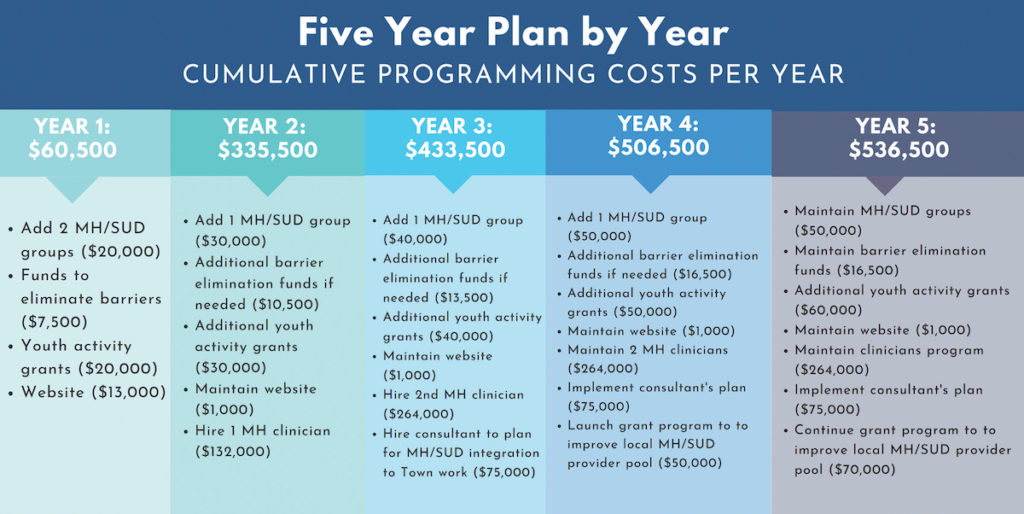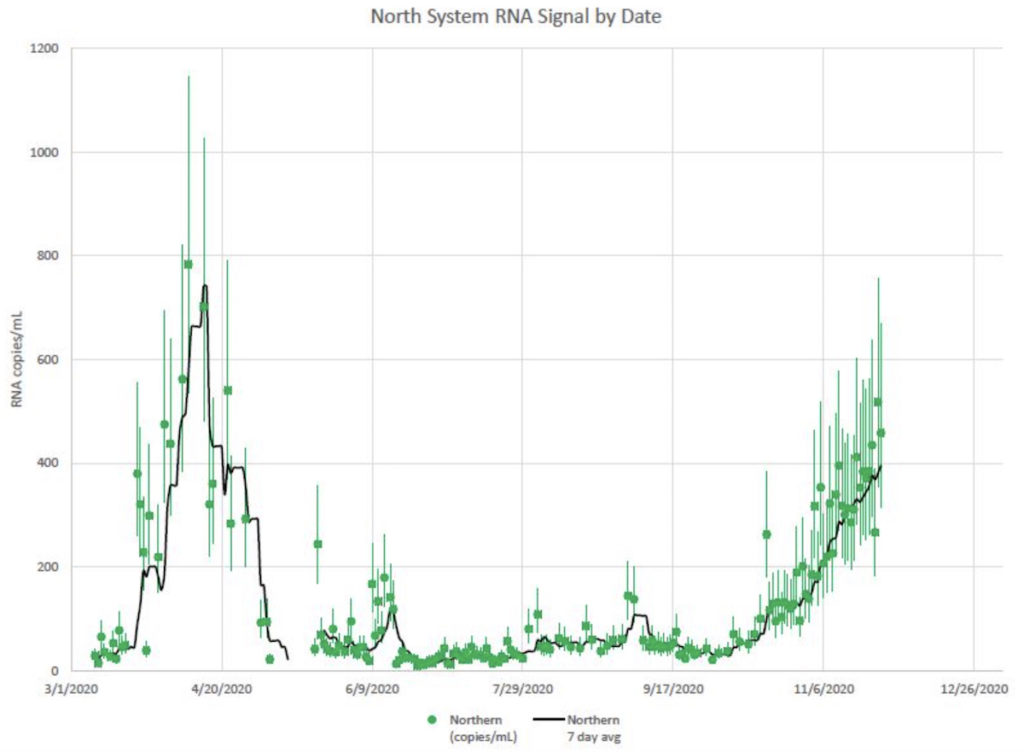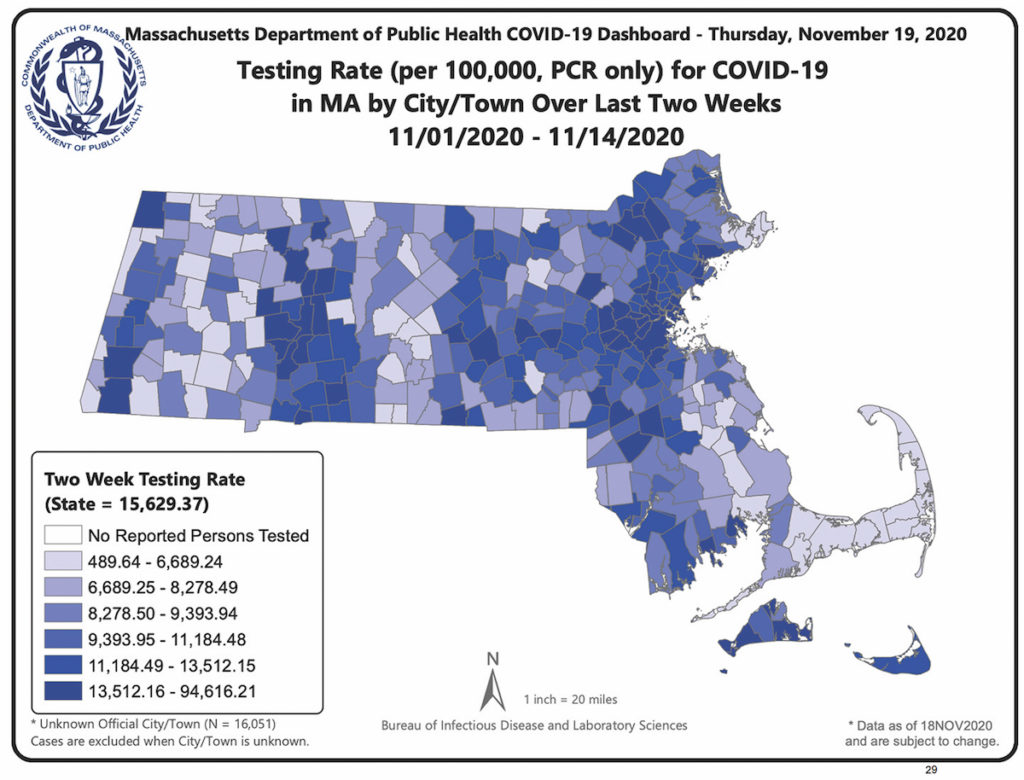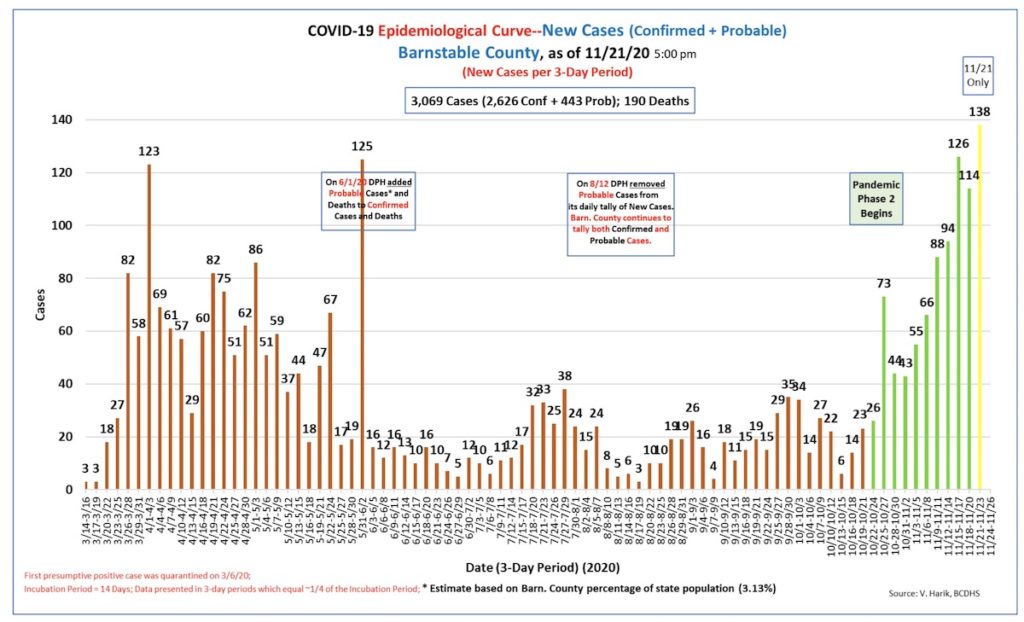
PROVINCETOWN — Health Director Morgan Clark presented a five-year plan to the select board last month that aims to dramatically increase access to mental health and substance abuse treatment. The plan starts small, with new support groups and microgrants, but its biggest feature is one or two full-time mental health clinicians who would be available on short notice to town residents. These clinicians would serve as a kind of bridge, providing free and ready access to mental health care until individuals could be set up with a long-term therapist or caregiver.
“I think most people know this, but I’m going to say it,” said Clark. “There are very long wait-lists for almost all of our mental health clinicians here. This would be eliminating that barrier to almost immediate care.
“This person would be able to see locals, regardless of their insurance status or ability to pay,” she added. “It would be like a stopgap — you could see them until you could get into a relationship with a longer-term mental health clinician.”
These clinicians would not be town employees; instead, the town would contract for their work through grant agreements, and an organization with medical capacity would supervise. The arrangement would be structured like that of Provincetown’s community support liaison, Alex Juchniewich, who is an employee of the Homeless Prevention Council, but who exclusively serves Provincetown residents. The mental health clinicians would not be replacing or duplicating that capacity, Clark said.
“This is not looking to supplant the behavioral health wing of Outer Cape Health Services,” said Clark. “It’s recognizing, though, that their clinicians are almost always holding a waitlist.” She said the plan was developed with stakeholders including OCHS, Helping Our Women, and the AIDS Support Group of Cape Cod. “We all see this need,” she said.
“Government can’t solve all problems — I agree with that,” said Clark. “But if the marketplace were solving this, we would have 35 therapists here. I think we can spend money to solve a little bit of this problem.”
Members of the select board largely complimented the plan. Chair Dave Abramson asked how the plan might interact with the town’s new marijuana tax revenue.
“That’s an administration question, but I will say, that’s where this plan came from,” said Clark. “All the departments were asked by then-Town Manager Panagore, several years ago, ‘What would you do with this money?’ ” There are other departments working on plans, too, Clark noted.
“The host community agreement fee, the impact fee that the town collects from dispensaries — that’s the pot of money we have to use for things like substance use programs, mental health programs, public safety,” said Assistant Town Manager David Gardner. “The marijuana tax itself, the local option tax,” he explained, “that’s just general revenue.”
The Independent asked Gardner afterwards about the mental health plan and the new revenue. “I would say the need already existed,” Gardner said. “The ideas of how to meet the need already existed.” But the community impact fees from cannabis dispensaries, he said, “certainly help us get to the point where we may be able to respond.”
“We definitely have a need for this kind of thing,” said select board member John Golden after Clark’s presentation. Golden said he saw the plan as “a way of taking some of the burden off of police, so they’re not doing social work they’re not equipped for.”
“It’s a lot of money,” said Abramson. But, he added, “it’s also an investment in the community, in terms of turning peoples’ lives around. It would be exciting to be able to fully fund it.”



